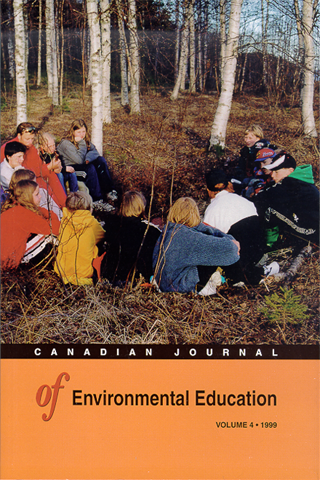La notion de développement de communautés responsables comme source d'inspiration pour la recherche en éducation relative en environnement
Abstract
The purpose of this article is to show that experiments in both community development and in community economic development that are based on co-operative education provide fertile ground for research in environmental education. In Canada's maritime provinces, co-operative experiments were considered to be places for achieving independence and learning for economicdemocracy. When they are established, these experiments in economic development, here and elsewhere, stress three principles, namely: social justice, the link between the local and the global and intergenerational fairness (Hoff, 1998). These experiments, in creating responsible communities, served as a guide for a multidisciplinary team of researchers inenvironmental education in a rural coastal community. At a time when this approach tends to be reduced to experiments in environmental management, strictly in line with the principles of the dominant economy, the authors attempt to show the importance of basing environmental education projects on actions designed to change and develop individuals and social groups.Downloads
Published
1999-01-01
Issue
Section
Articles


